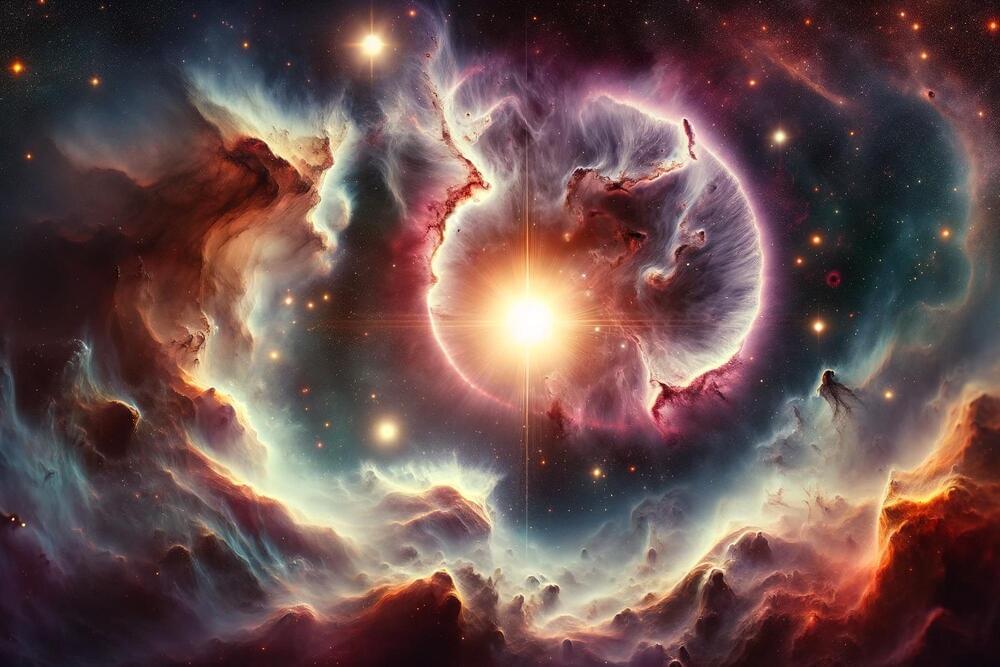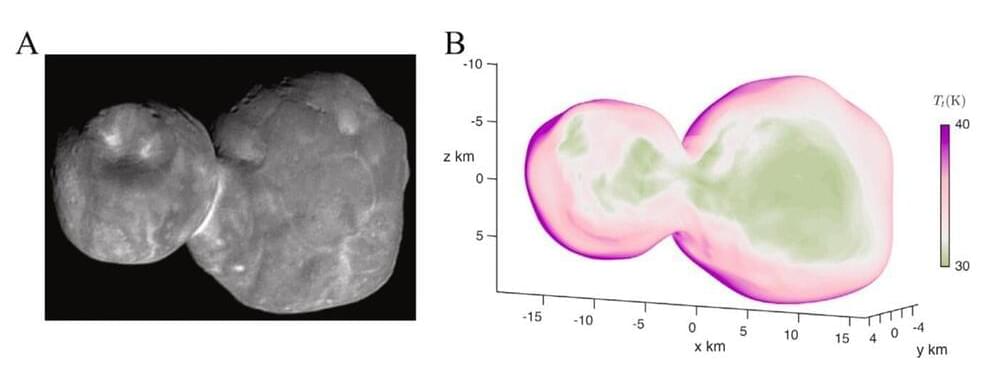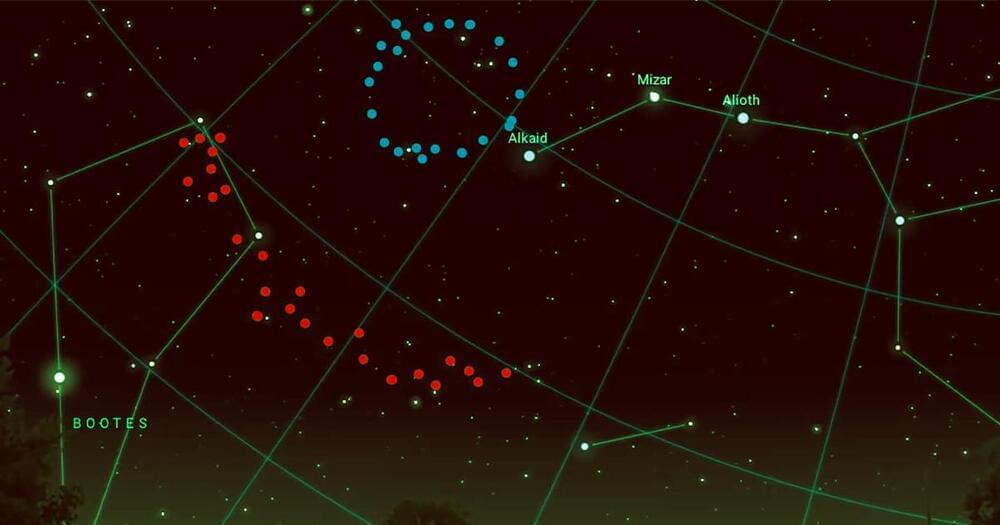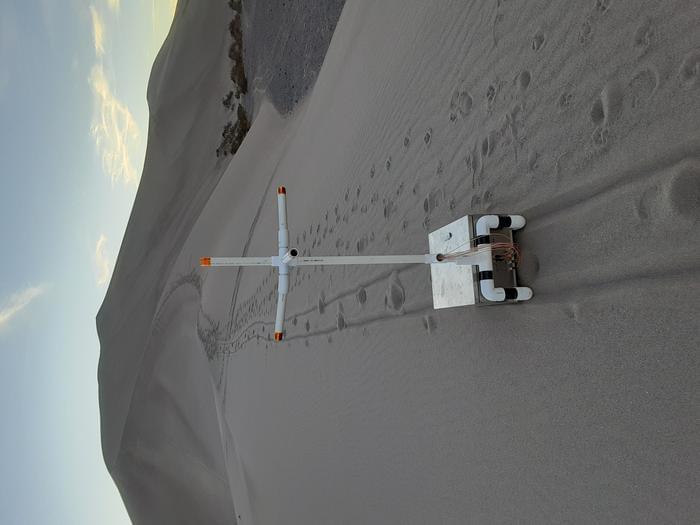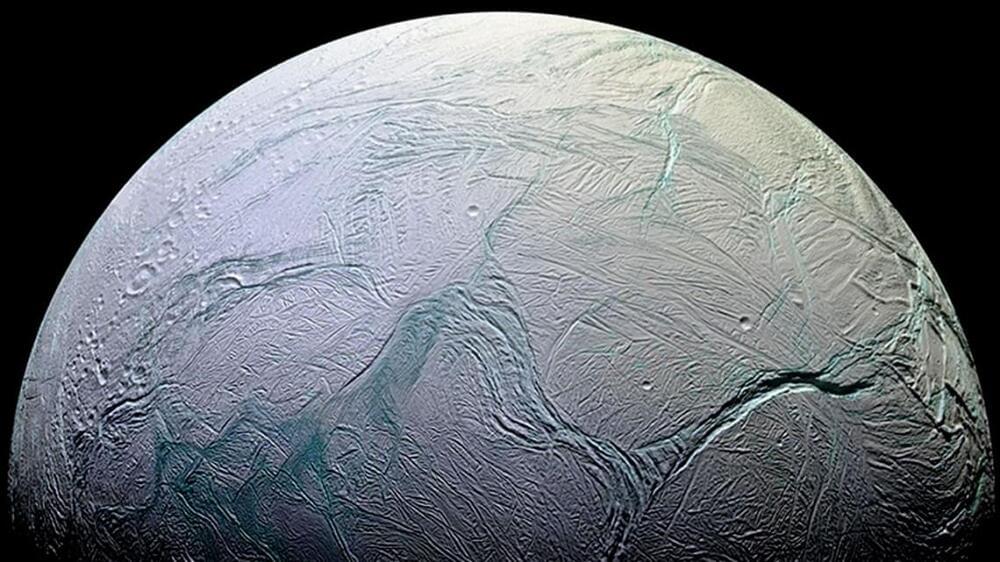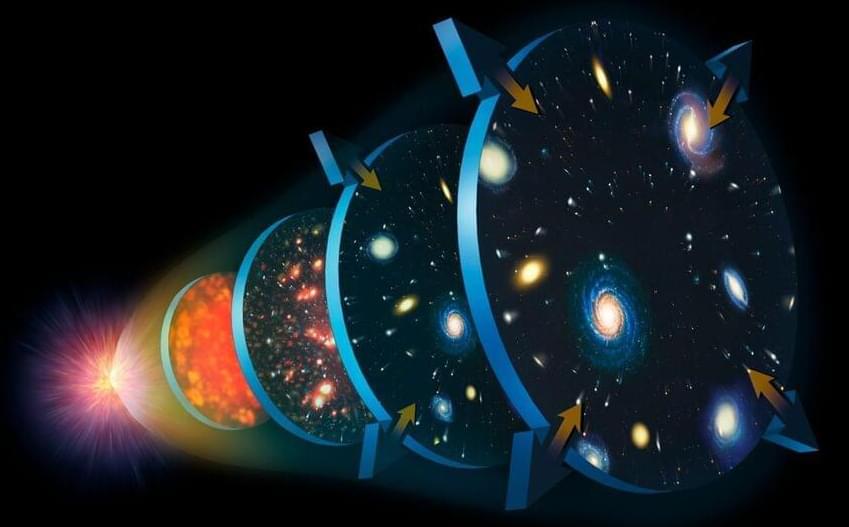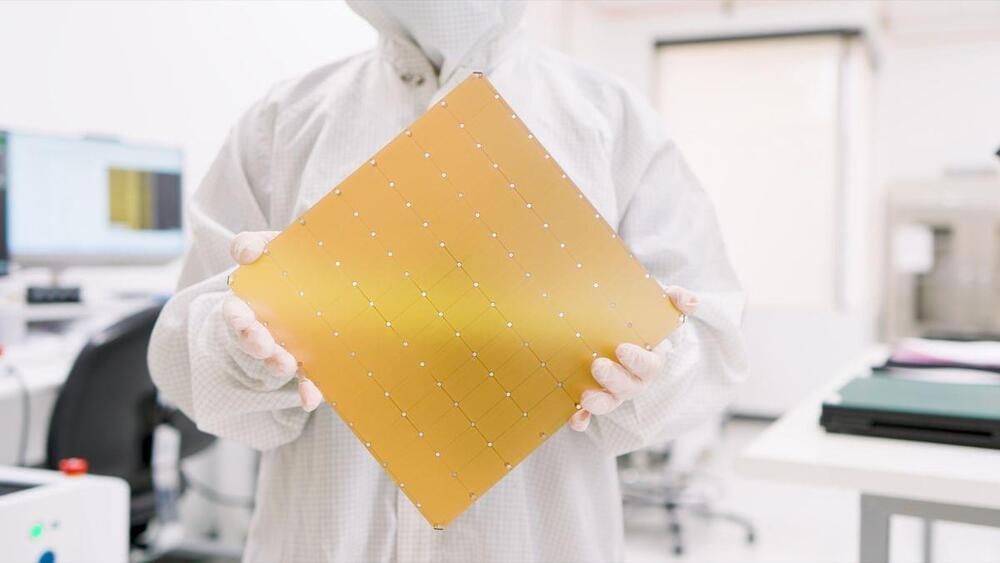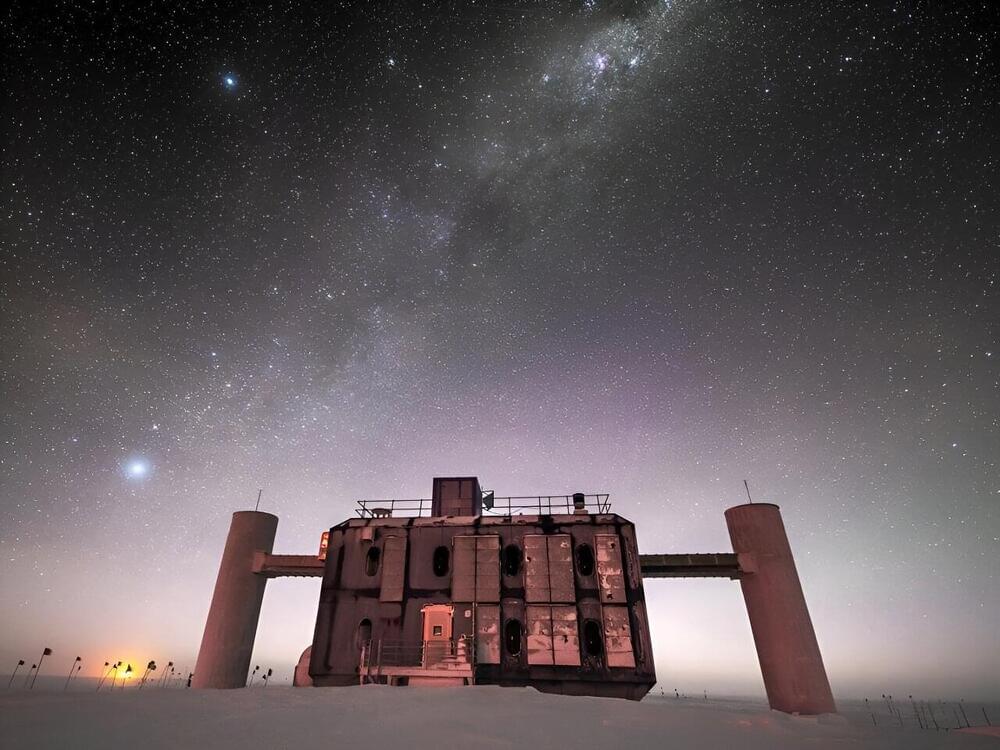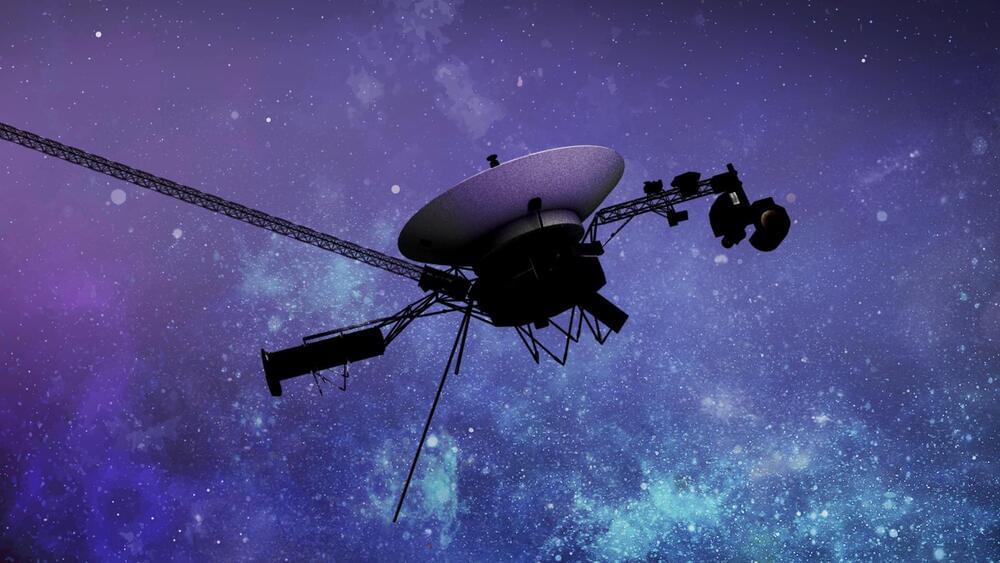An international team used the James Webb Space Telescope to study a protoplanetary disc in the Orion Nebula, revealing how massive stars significantly influence the formation of planetary systems. They discovered that intense ultraviolet radiation from these stars can prevent the formation of Jupiter-like planets in systems like d203-506, providing new insights into the complexities of how planetary systems develop.
How do planetary systems such as the Solar System form? To find out, CNRS scientists taking part in an international research team[1] studied a stellar nursery, the Orion Nebula, using the James Webb Space Telescope.[2] By observing a protoplanetary disc named d203-506, they have discovered the key role played by massive stars in the formation of such nascent planetary systems.[3].
